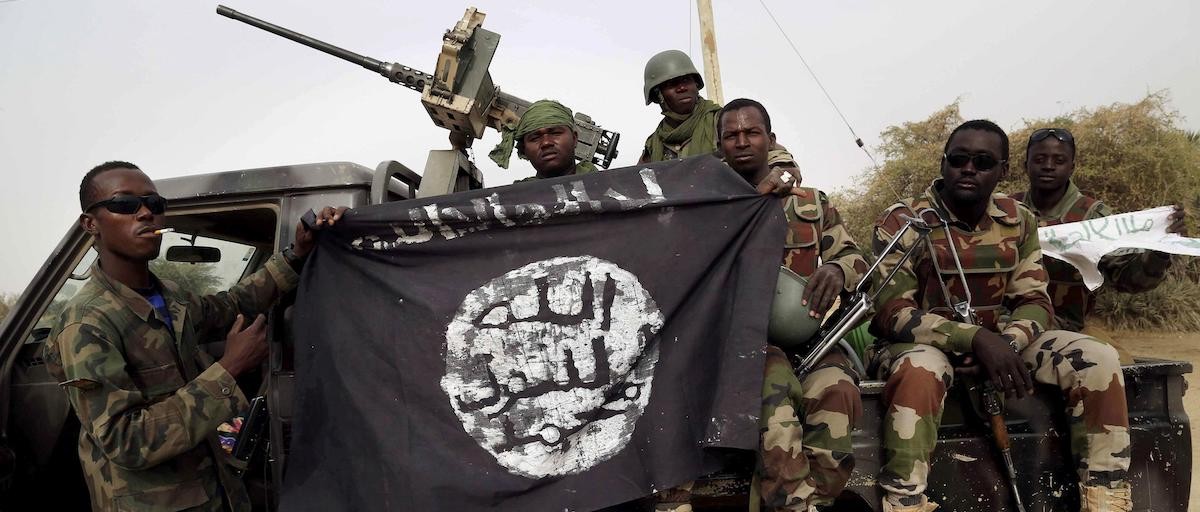The rehabilitation of repentant Boko Haram members has been a contentious issue, especially in Borno, one of the places worst affected by the insurgency in the state. As such, the state government has its own approach called Borno Model of triple D and triple R (DDDRRR) to end the over a decade insurgency.
While some people are of the opinion that it is essential to reintegrate former members of the terrorist group into society through the Disarmament Demobilization and Reintegration (DDR) programme, others feel the approach is wrong given the massive atrocities committed by the sect.
The primary concern of those who oppose the rehabilitation of the Boko Haram insurgents is that it will not be effective in deterring them from rejoining the group.
Many contend that Boko Haram has over the years proven to be highly competent at recruiting new members and that former members most likely retain strong sympathies for the group and their so-called ideology.
Zulum moves to resettle refugees in former Boko Haram stronghold
New European football body launched
A report on Demobilization, Disassociation, Reintegration and Reconciliation (DDRR) in North East Nigeria indicated that 88 per cent of the beneficiaries and 80 per cent of community members agree that former BH-ISWAP members and associates have an important role to play in preventing or countering violent extremism (P/CVE).
Additionally, the report posits that closing the gap between what Operation Safe Corridor graduates ‘think’ and what community members ‘actually’ feel may decrease recidivism risk and increase reintegration and reconciliation efficacy.
Many Nigerians view Boko Haram as an irredeemable force that has caused losses and suffering in society. They feel that rehabilitating former members is tantamount to condoning their actions and sending a message that human rights abuses and terrorism are acceptable.
This perception has led to widespread criticism on rehabilitation programmes, with many believing that those who have committed crimes against humanity should face the full wrath of the law.
Despite these concerns, some Nigerians believed that rehabilitating insurgents is the best approach whilst advocating for forgiveness, acceptance, and social inclusion through participatory engagements such as football and livelihood support between repentant Boko Haram members and community members to foster peace.
This stance will drastically address the root causes of the conflict, including poverty, lack of access to education and political instability coupled with failed power structures since rehabilitation programmes aim to steer them away from extremist ideologies and reintegrate them into society as change makers/ productive members.
Carly, the perception is widely divided and it is ultimately up to the government to decide which approach is most effective in tackling the root causes of violence in Nigeria and sensitize the public on the approach and its intricacies.
It is also pertinent to prioritise the protection of citizen’s human rights and ensure the effective restoration of peace and security in the region regardless of the approach taken.
Abdulsalam Alkali is a student of the Department of Mass Communication, University of Maiduguri

 Join Daily Trust WhatsApp Community For Quick Access To News and Happenings Around You.
Join Daily Trust WhatsApp Community For Quick Access To News and Happenings Around You.